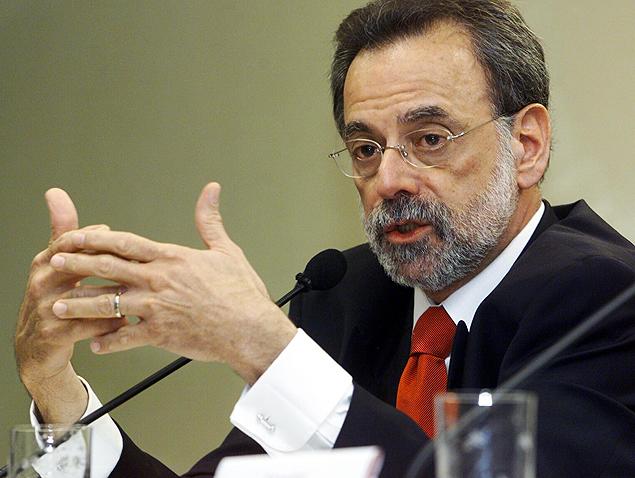'A body of evidence showing that the chemical weapons watchdog agency manipulated and suppressed evidence.'
 By Tyler Durden: A whistleblower with the Organization for the Prohibition of Chemical Weapons (OPCW), responsible for conducting an independent investigation into the alleged chemical attack in the Syrian town of Douma on April 7, 2018, has presented WikiLeaks with a body of evidence showing that the chemical weapons watchdog agency manipulated and suppressed evidence.
By Tyler Durden: A whistleblower with the Organization for the Prohibition of Chemical Weapons (OPCW), responsible for conducting an independent investigation into the alleged chemical attack in the Syrian town of Douma on April 7, 2018, has presented WikiLeaks with a body of evidence showing that the chemical weapons watchdog agency manipulated and suppressed evidence.A prior official OPCW report of the investigation issued last March found "reasonable grounds" for believing a toxic chemical was used against civilians, likely chlorine. Long prior to any independent investigators reaching the site, however, Washington had launched major tomahawk airstrikes against Damascus in retribution for "Assad gassing his own people".
WikiLeaks published documents based on evidence presented by the internal OPCW whistleblower to an expert review panel on Wednesday. “The panel was presented with evidence that casts doubt on the integrity of the OPCW,” WikiLeaks editor Kristinn Hrafnsson wrote.
An official WikiLeaks press release said as follows:
Kristinn Hrafnsson took part in the panel to review the testimony and documents from the OPCW whistleblower. He says: “The panel was presented with evidence that casts doubt on the integrity of the OPCW. Although the whistleblower was not ready to step forward and/or present documents to the public, WikiLeaks believes it is now of utmost interest for the public to see everything that was collected by the Fact Finding Mission on Douma and all scientific reports written in relation to the investigation.”
WikiLeks release: A statement from the panel tasked with investigating evidence from a OPCW whistleblower regarding the Douma alleged chemical attack in Syria, April 7, 2018. casts doubts on the accuracy of the OPCW final report. https://t.co/0y1MRStibG— WikiLeaks (@wikileaks) October 23, 2019
“Based on the whistleblower’s extensive presentation, including internal emails, text exchanges and suppressed draft reports, we are unanimous in expressing our alarm over unacceptable practices in the investigation of the alleged chemical attack in Douma,” the experts pointed out.
Panel sees evidence of "unacceptable practices" in OPCW during investigation into the alleged chemical attack in #Douma, Syria on April 7, 2018.https://t.co/ndK4sRzVES pic.twitter.com/CH2RVgBGd9— WikiLeaks (@wikileaks) October 23, 2019
“We became convinced by the testimony that key information about chemical analyses, toxicology consultations, ballistics studies, and witness testimonies was suppressed, ostensibly to favor a preordained conclusion.”
The testimony further revealed “disquieting efforts to exclude some inspectors from the investigation whilst thwarting their attempts to raise legitimate concerns, highlight irregular practices or even to express their differing observations and assessments.”
The new information was enough to convince José Bustani, former director-general of the OPCW to conclude there is now "convincing evidence" of irregularities.

Bustani was quoted as saying he had long held doubts about the alleged attack in Douma, on the outskirts of Damascus. "I could make no sense of what I was reading in the international press. Even official reports of investigations seemed incoherent at best."Some dissenting officials as well as countries like Russia have accused the international chemical watchdog body, which operations in coordination with the UN, of being politically compromised when it comes to Syria.
Source
No comments:
Post a Comment